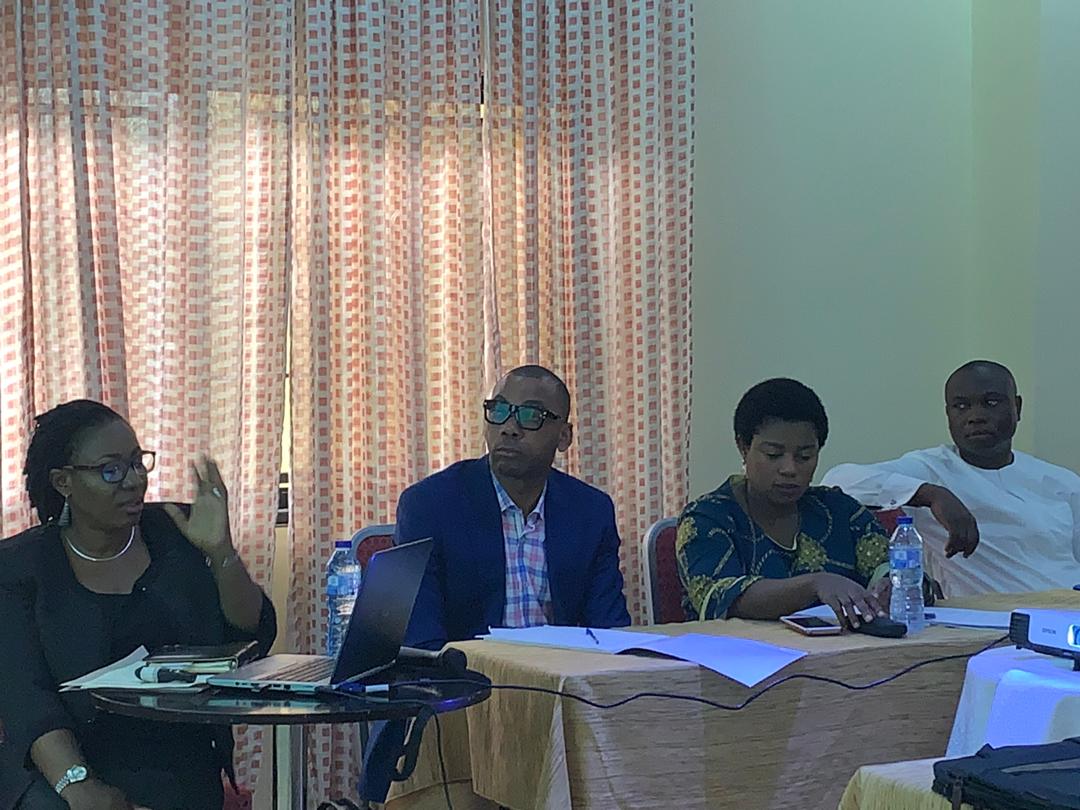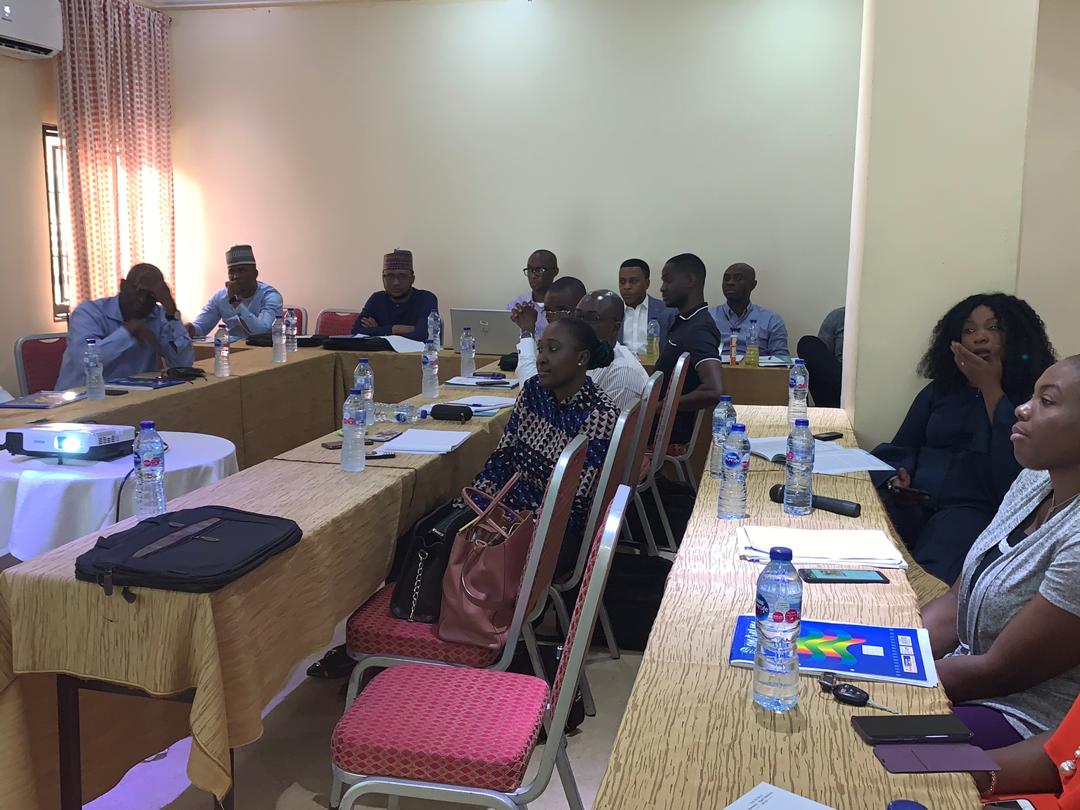His Lordship, Hon. Justice Olufunke Anuwe, Judge of the National Industrial Court of Nigeria, was a guest speaker at the training session organized by Nigerian Institute of Advanced Legal Studies for the staff of Asset Management Company of Nigeria on 'Workplace And Employment Dispute Resolution'.
The Nigerian Institute of Advanced Legal Studies is Nigeria’s apex institution for research and advanced studies in law. It was a brainchild of the legal academic community established in March 1979 as the centre for advanced legal research for all the Nigerian universities with Faculties of Law.

The event took place today Wednesday 15th May 2019 at the Stonehedge Hotel, Central Area, Federal Capital Territory, Abuja.
His Lordship explained in details the clinical analysis of the topic using the mechanism of the Alternative Disputes Resolution Centre.
Apart from the comprehensive enunciation of the importance of ADR to litigation, all other options available for dispute resolution were thoroughly demystified for a clear understanding of the participants.
His Lordship opined that the adage of going to court and not friendly with each other is not applicable and such opinion no longer exist.

Justice Anuwe made referenced to several legislations that cover the area of workplace and employment disputes in Nigeria, which include but not limited to Labour Act 2004, Factories Act 2004; Trade Unions Act 2005, Employees Compensation Act 2010; The Pension Reform Act 2004, Trade Disputes Act 2004; Arbitration and Conciliation Act 2004 and National Industrial Court Act 2006.
At the end of the session, the participants were full of joy for the justice done to the topic, expressed that the training session was one of the best they have received so far.














